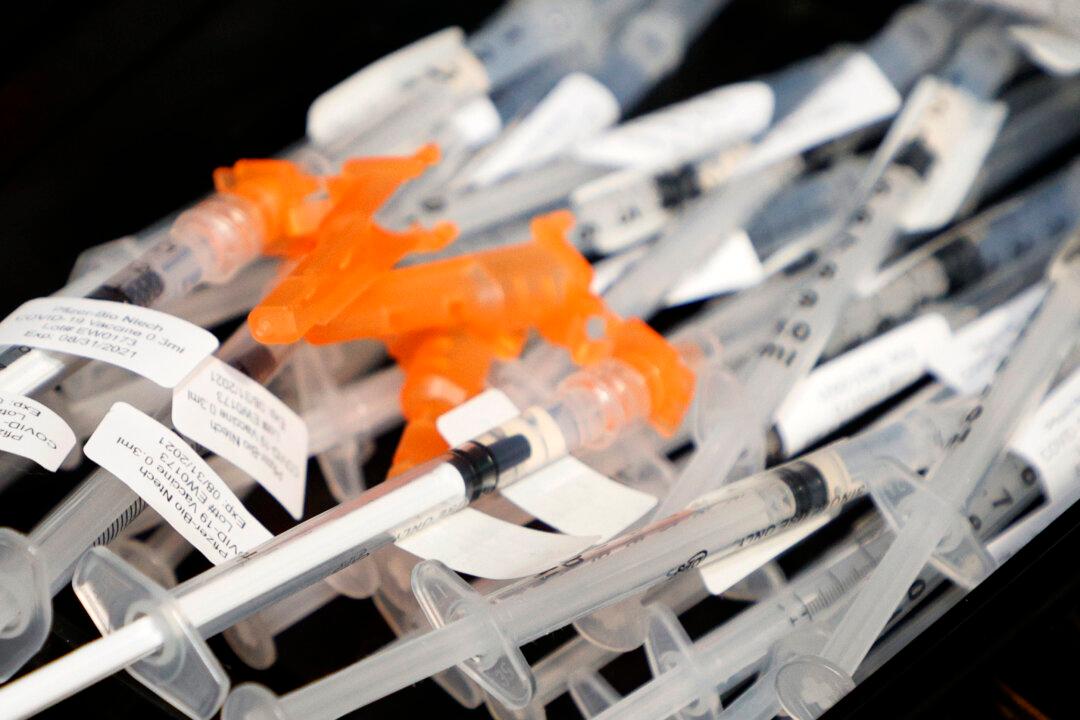A new study published Tuesday in the peer-reviewed JAMA Cardiology journal reported a “higher than expected” number of myocarditis cases among male military members after the second dose of an mRNA vaccine against the CCP (Chinese Communist Party) virus.
The new study, a retrospective review of cases, noted that the observed number of cases of myocarditis—inflammation of the heart muscle—was still “relatively small.”




